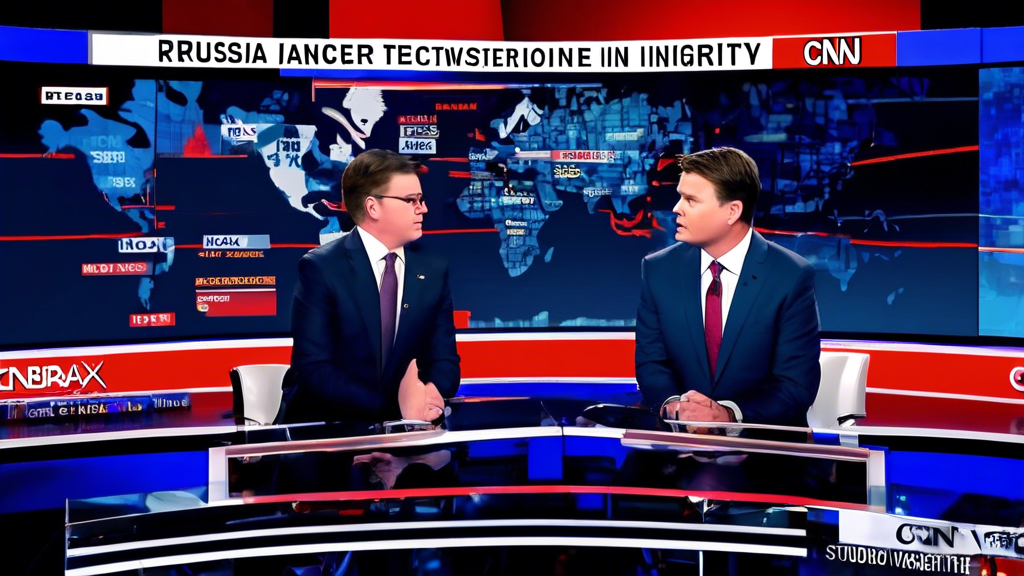
Consider a Fundamental Inquiry Regarding Network Integrity: JD Vance Challenges CNN Host on ‘Russia Hoax’ Reporting
In a recent exchange that encapsulated the ongoing tension between mainstream media and Republican viewpoints, J.D. Vance, the Republican vice presidential nominee, confronted CNN host Jake Tapper over the network’s reporting on what has been termed the Russia Hoax. This exchange, covered by the Daily Caller, highlights pressing issues of media bias and public perception that are becoming increasingly relevant as the 2024 presidential campaign approaches.
Exchange on Russia Hoax
Vance directed his criticism towards both CNN and Tapper, asserting that the network perpetuated a narrative regarding allegations of collusion between Donald Trump’s 2016 presidential campaign and Russia. These allegations have since been largely discredited, leading Vance to argue that CNN’s coverage contributed to a misleading understanding of the situation among the public.
Media Bias
Vance’s comments reflect a broader Republican sentiment regarding perceived biases in mainstream media. He accused CNN of playing a significant role in disseminating what he labeled as false information about Trump’s campaign and its supposed ties to the Russian government. This criticism aligns with many Republican figures who assert that media outlets have provided skewed portrayals that unfairly target Trump and his associates.
Tapper’s Response
In response to Vance’s accusations, Tapper defended CNN’s journalistic integrity by stating the network reported on the investigations and findings as they unfolded. He maintained that CNN’s coverage was factual and adhered to the developments at the time. However, Vance pressed on, reiterating that the network’s reporting significantly shaped public misperceptions regarding the seriousness and legitimacy of the collusion claims.
Political Implications
This exchange goes beyond mere disagreement over specific reports; it highlights a critical discourse surrounding media bias and its effects on public opinion regarding political events. The back-and-forth is emblematic of a growing belief among Republicans that outlets like CNN have misrepresented facts, thereby molding public understanding in ways that favor a particular political narrative.
Context of Current Campaign
The discussion took place within the broader framework of the 2024 presidential election, where questions about media credibility remain pivotal. Vance’s critique encapsulates a significant aspect of the current political atmosphere, where trust in media institutions is under scrutiny, and their influence on political discourse is a hotly debated issue.
As the election cycle intensifies, the dynamics of media reporting and its implications for political narratives will continue to shape the conversation both within and outside political circles.
